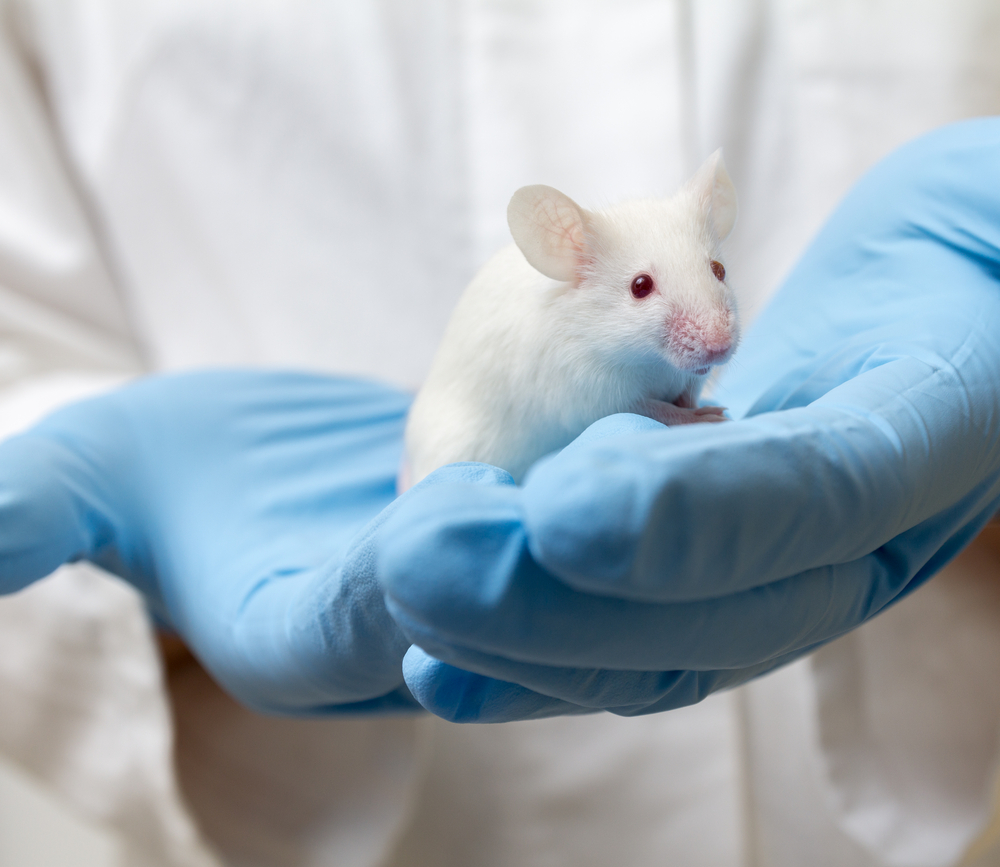Mutation in CFTR Gene Affects the Body’s Inner Clock, Mouse Study Suggests
Written by |

A mouse model carrying the most common mutation in the CFTR gene (the gene defective in patients with cystic fibrosis) shows disturbances in genes regulating the sleep cycle known as the circadian clock.
The study “Dysregulation of Circadian Rhythm Gene Expression in Cystic Fibrosis Mice” was published in the Journal of Circadian Rhythms.
Evidence shows that cystic fibrosis (CF) patients often experience sleep disturbances, altered sleep patterns, and sleep apnea, all of which contribute to poor sleep quality. As a result, poor sleep quality has many health implications that include changes in metabolism, insulin resistance, and malfunction of the nervous system.
Most important, perhaps, poor sleep quality also affects the performance of the immune system, making CF patients more susceptible to infections.
Until now, researchers believed that poor quality of sleep in these patients was due to respiratory symptoms. However, reports show that children with CF have similar respiratory profiles to those of healthy children.
In order to understand whether CF could directly interfere with the inner clock that regulates the daily sleep-wake cycle — the circadian rhythm —researchers at Case Western Reserve University used a mouse model of CF to study changes in genes that regulate the circadian clock.
Mice carried a mutation – F508del – in the CFTR gene, which is the most common mutation, occurring in about 70% of CF patients.
Control (normal) and CF mice were divided into two groups; in one group the animals kept their normal sleep-wake cycle, while in the second group they were sleep deprived. To induce sleep disturbances, researchers kept mice awake six hours after the animal’s active phase during the night by applying constant agitation.
When the team compared circadian clock genes of sleep-deprived CF mice with control mice, they saw that these genes were significantly dysregulated.
Results showed that the activity of the circadian CLOCK and CRY2 genes was significantly increased in the brains of CF mice, compared to control mice under normal sleep conditions. The same was seen for the Bmal1 gene in the section of the small intestine called the jejunum.
Upon sleep deprivation, CF mice had significantly dysregulated expression of circadian clock genes compared to the sleep-deprived control mice. Specifically, the activity of CLOCK, Bmal1 and PER2 increased in the brain, and PER1 and PER2 were increased in the lung.
Comparing CF mice deprived of sleep to normal sleep CF mice, researchers saw that the sleep-deprived CF mice showed increased activity of Bmal1 in the brain and of PER1 in the fat (adipose) tissue. A large fraction of circadian rhythm genes also were deregulated in the animals’ lungs, which had not been seen in control mice.
Overall, the results suggest that the mutant CFTR gene may have broad effects causing alterations in the animals’ “biological clock,” which subsequently may cause poor sleep.
Researchers saw a “distinct difference between the WT [wild-type, control] groups and CF groups under both sleep conditions,” they wrote.
“The data presented here show that both lack of CFTR and sleep deprivation are associated with significant and varied alterations in the circadian clock gene expression,” the team concluded, adding that the “findings in the lung tissue of CF mice indicate that alterations in lung-based expression of circadian clock genes may contribute to changes in pulmonary mechanics and infection.”






